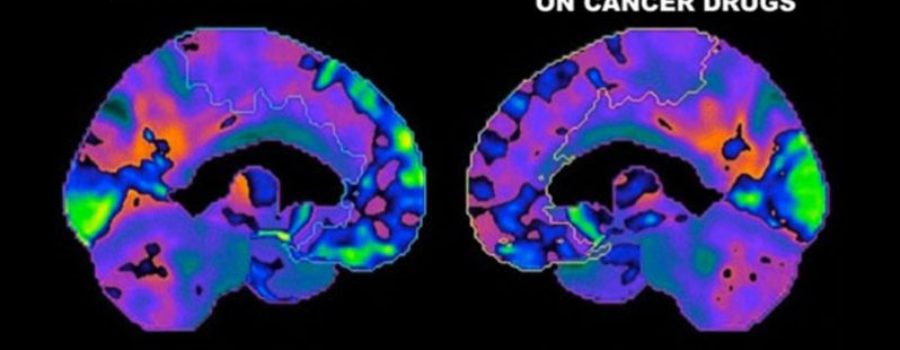“Chemobrain,” the fuzziness some people experience after having chemotherapy, disappears within three years of treatment, a new study finds. Past research showed that some chemotherapy patients saw a decline in cognitive abilities like memory, judgment, comprehension, and learning – but why this happened was not clear. Now a group of researchers led by Dr. Masatoshi Inagaki at the National Cancer Center Hospital East in Chiba, Japan, have compared brain structure in cancer survivors who received chemotherapy to those who did not. Using MRI, they looked at volumes of different brain regions in 105 cancer survivors who had undergone cancer surgery less than a year ago. Of these, 51 had received chemotherapy and 54 had not. They then did the same thing with 132 cancer survivors who had undergone cancer surgery more than three years ago – 73 had received chemotherapy and the rest had not. They found that within a year of surgery, chemotherapy recipients had smaller volumes of certain brain areas involved in cognition compared with subjects who had received no chemotherapy. These differences, however, disappeared when cancer survivors were seen three years after surgery. The researchers also compared brain structures of cancer survivors and healthy subjects and found no significant difference, indicating that the cancer itself does not affect brain structure.
BOTTOM LINE: Chemotherapy could have a temporary effect on brain structure and, therefore, memory and learning, but this side effect will disappear within three years of cancer surgery.
CAUTIONS: A more detailed and larger study is necessary to confirm these findings.
WHAT’S NEXT: “These results can provide new insights for future research to improve the quality of life for cancer patients undergoing chemotherapy,” said Inagaki.
WHERE TO FIND IT: Cancer, online, Nov. 27.
SENA DESAI GOPAL


Leave a Reply
Your email is safe with us.
You must be logged in to post a comment.